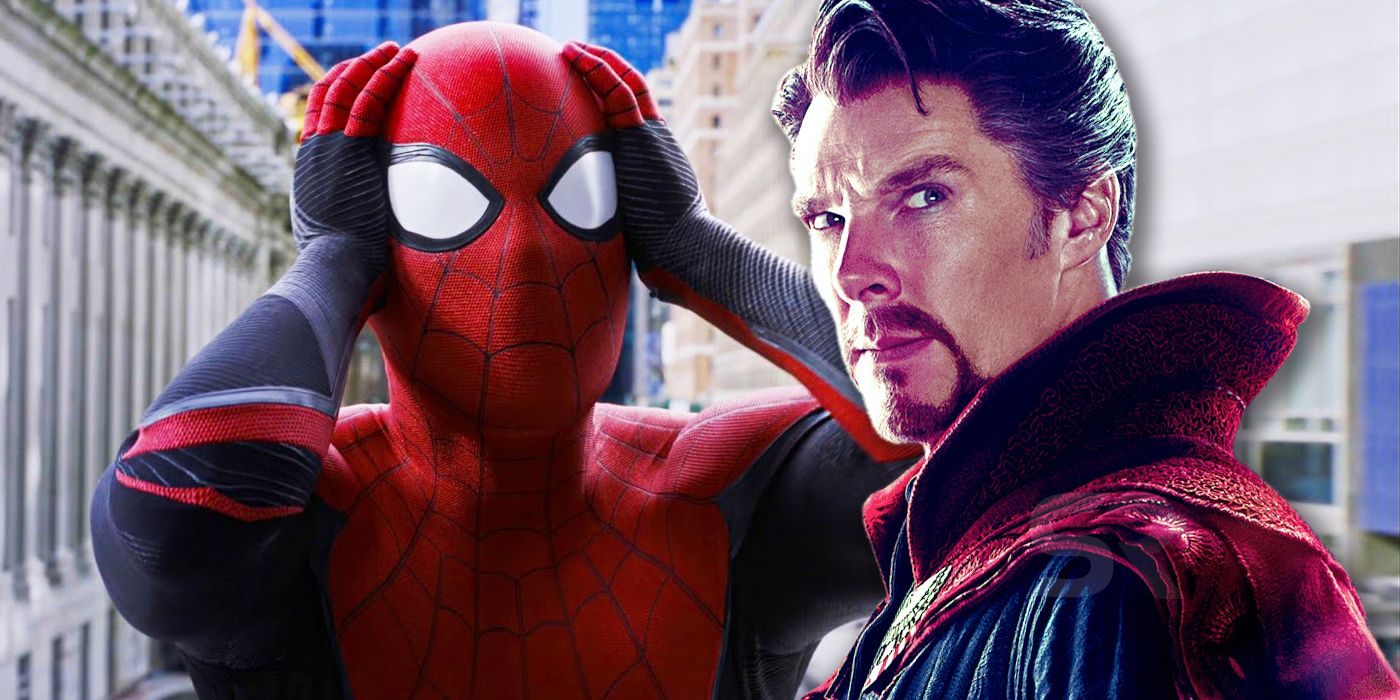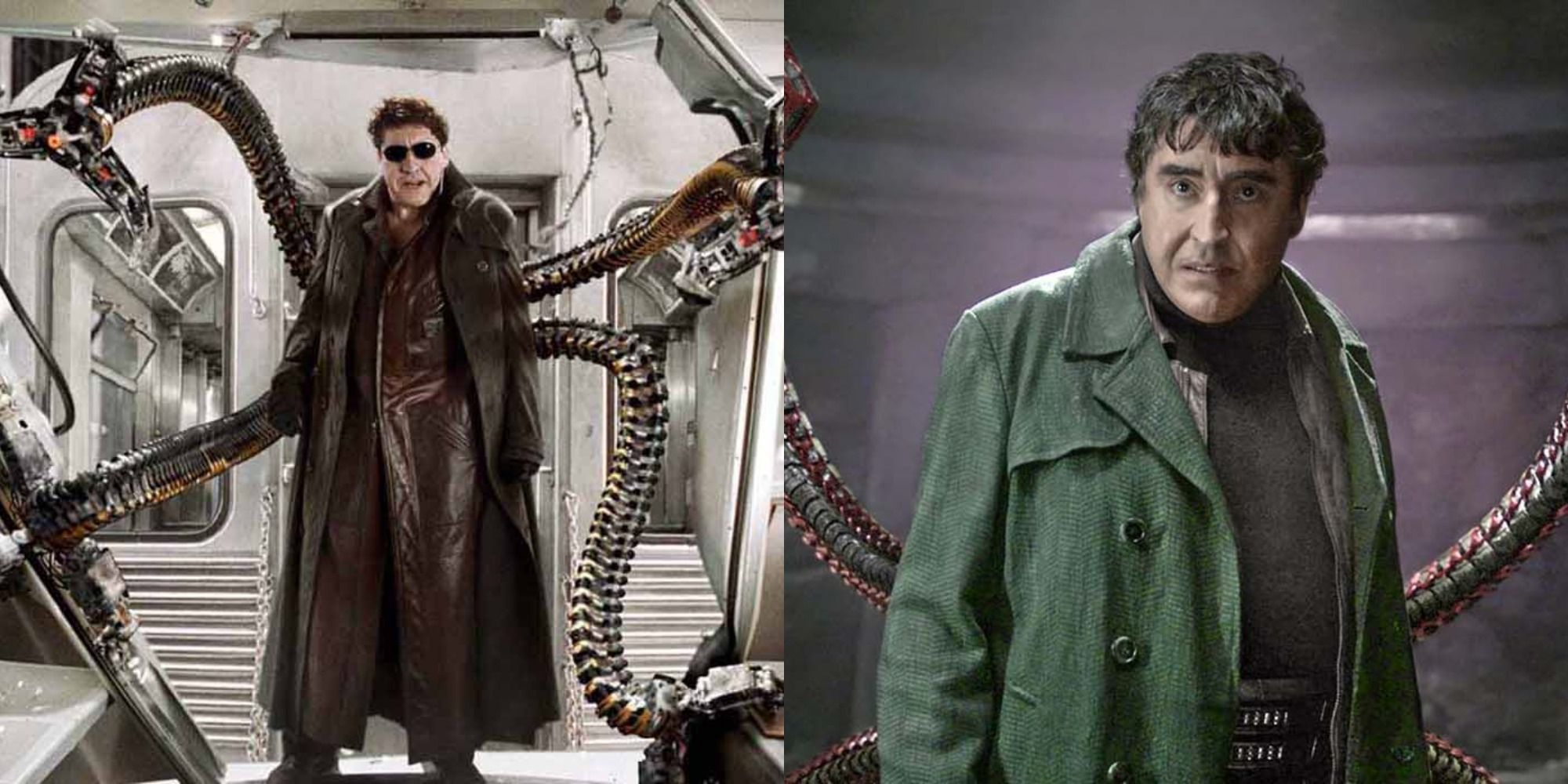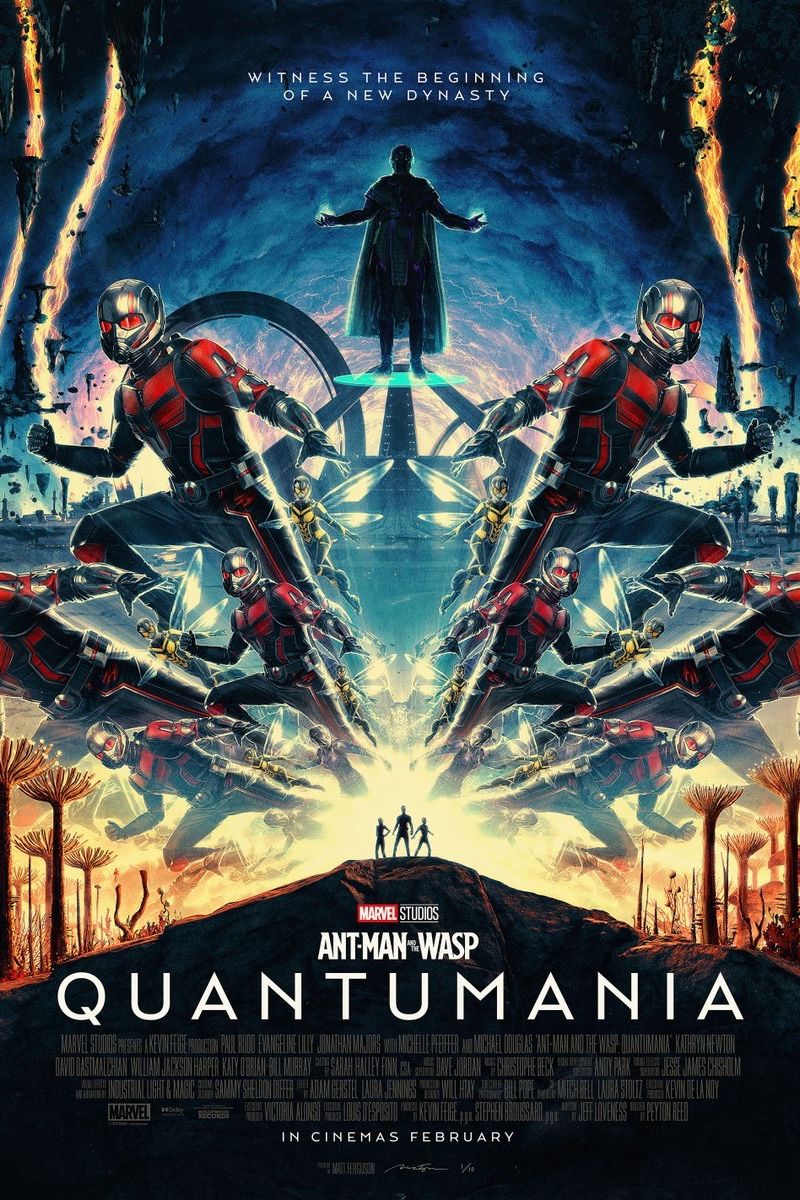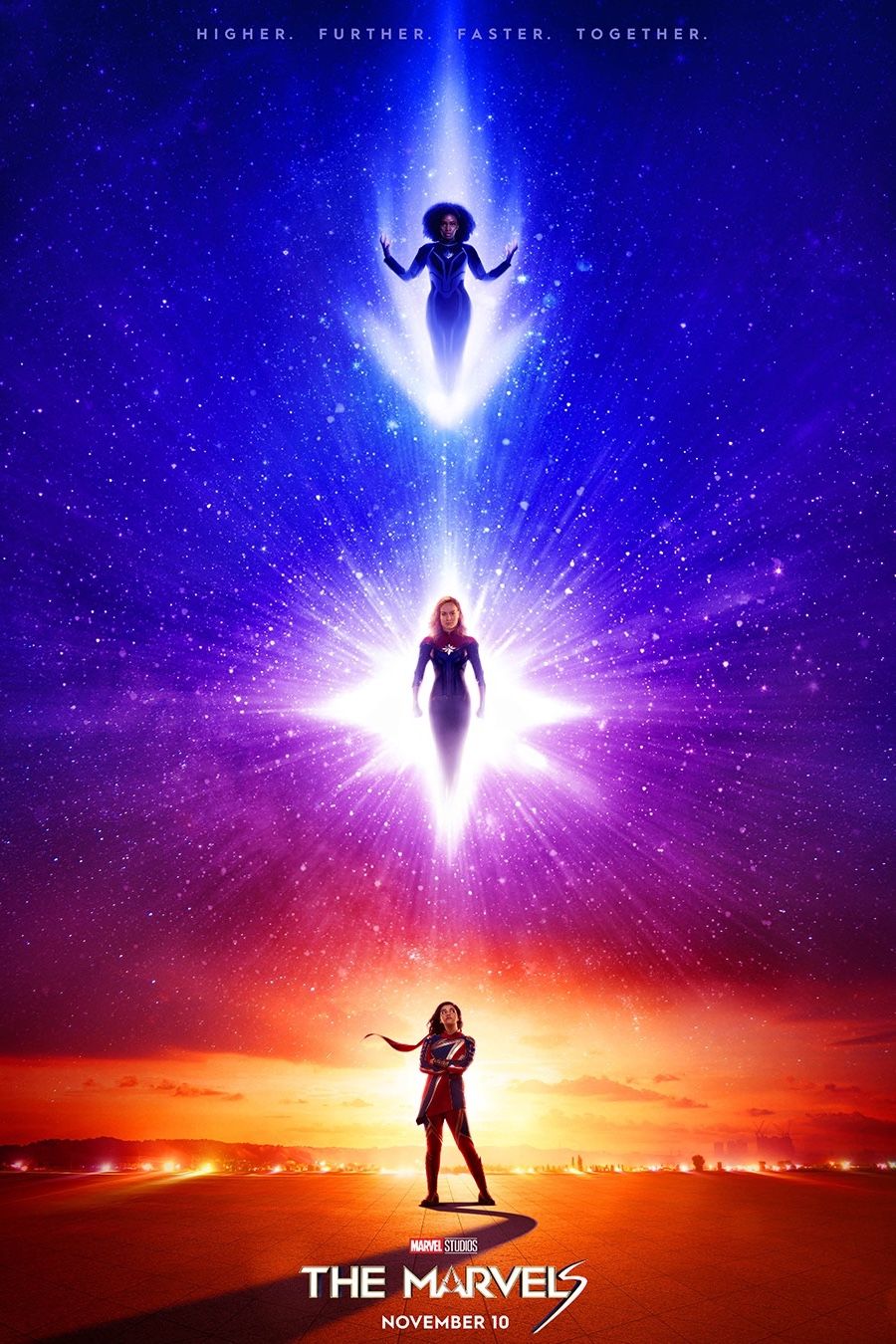Despite Peter Parker's good intentions to help the villains he brought into the MCU in Spider-Man: No Way Home, the film secretly proved that Doctor Strange was right about returning them to their respective realities. No Way Home saw Peter accidentally bring antagonists from past Spider-Man franchises into his reality after interfering with a mind-wiping spell from Doctor Strange. Though he initially intended to send them back to their universes, the web-slinger decided to cure them after learning that most of them would be sent back to die. Strange, on the other hand, told Peter they would be better off returning them home, given that their deaths were fated to occur.
Spider-Man disagreed. He trapped Strange in the Mirror Dimension and took the villains out of the Sanctum Sanctorum to cure them. This proved detrimental, as Norman Osborn and most of the villains turned on him, leading to Aunt May's death. While Peter managed to defeat them with the help of Andrew Garfield and Tobey Maguire's Spider-Men, Strange's botched spell ended up getting out of control, almost creating a multiversal catastrophe. Strange was forced to make the world forget about Peter Parker's existence to stop it, leading to the young hero living alone in the end, with none of his remaining loved ones remembering him.
The moral center of No Way Home involves helping those in need, no matter who they are, which is a core Spider-Man value. It was a powerful and touching message, accentuated by Peter's visit to Aunt May's grave at the end of the film. However, from a strictly practical point of view, listening to Doctor Strange would have been the better decision for Spider-Man to make, given how keeping the villains in his world brought nothing but trouble for him and death for others. May died, the MCU multiverse was nearly thrown into chaos, and everyone he cared about was forced to forget him—all catastrophes that could have been avoided had he heeded Strange's advice.
Peter's Efforts To Save The Villains Were Largely Inconsequential
Reinforcing Doctor Strange's reasoning is the matter of Peter's crusade being arguably mostly futile. As mentioned, No Way Home brought five multiversal villains into the MCU: Otto Octavius, Norman Osborn, Max Dillon, Flint Marko and Curt Connors. Out of them, two were plucked shortly or right before their deaths. As such, sending them back home would still seemingly lead to their demise. Doc Ock would have been returned to drown his fusion reactor to save New York, and Electro would have gone back to being overloaded with electricity at Oscorp's power plant.
As for Connors and Marko, the former had already been cured, while the latter decided to turn his life around in Spider-Man 3. In their case, returning home would have probably meant arriving at nearly the exact same situation they were in prior to entering the MCU. Green Goblin is the only one without a defined fate, as it's not made clear from when in Spider-Man (2002) he was taken. Still, considering all of that, Peter's efforts likely changed little to nothing about most of the villains' situations, thus justifying Doctor Strange's "fate" argument. Admittedly, had Peter listened to him, No Way Home could have been a very different film. Yet, that very possibility highlights a slight problem with the movie's handling of Peter's moral conviction. The film's central moral conflict was meant to highlight the character’s noble nature, but there was a core issue with the execution of said message.
Despite intending to make Spider-Man's plight feel worthwhile, No Way Home unwittingly proved Doctor Strange right, something that was further highlighted by Peter's life-saving crusade seeming largely inconsequential. Given that, the film could have benefited from definitively showing all the villains had been positively impacted by his efforts. There could, of course, be a way to accomplish that down the line. With Marvel Studios being well-known for its retcons, a future project could theoretically clear up what happened to the characters after they returned home, which would, in turn, make Spider-Man's sacrifices worthwhile. Currently, though, while impactful and heartwarming, Spider-Man: No Way Home could have benefited from slightly better structuring to prevent Doctor Strange’s antagonistic point of view from being justified by its own plot.











